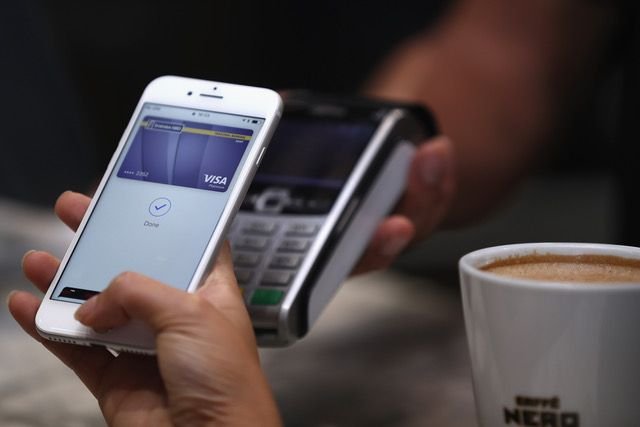

According to the European Commission, Apple has abused its dominant market position to prevent other mobile payment applications from accessing NFC on its devices.
The EU's executive arm sent a statement of objections to the iPhone maker, saying Apple Pay benefited from the company's decision to block mobile wallet app developers from accessing necessary hardware and software.
EU Competition Commissioner Margrethe Vestager explained in a press release how Apple had stifled competition by preventing third parties from accessing NFC on its mobile devices, saying:
“Mobile payments are playing an increasingly important role in our digital economy. It is important for the integration of European payment markets that consumers benefit from a competitive and innovative payment landscape. We have indications that Apple has restricted third-party access to key technology required to develop competing mobile wallet solutions on Apple devices. In our Statement of Objections, we preliminarily find that Apple may have restricted competition, to the benefit of its own Apple Pay solution. If confirmed, such behavior would be illegal under our competition rules.
Limit competition by restricting access to NFC
Apple Pay is Apple's own mobile wallet solution on iPhone and iPad that can be used to enable mobile payments in physical stores and online, and like its hardware and software, the company controls all aspects of the user experience. in its ecosystem, including mobile wallet developers. . to access.
Specifically, Apple Pay is the only mobile wallet solution capable of NFC gateway access on iOS and iPadOS. However, NFC is a standardized technology that is available in almost all store POS systems and provides a more seamless and secure payment experience.
Although a full investigation has not yet been carried out, the European Commission currently believes that Apple's dominant position in the mobile wallet market on iOS restricts competition by only allowing Apple Pay to access NFC. If confirmed, the company would violate article 102 of the Treaty on the Functioning of the European Union (TFEU), which prohibits companies from abusing their dominant position in the market.
The European Commission also emphasizes that its Statement of Objections is not a sign that Apple is guilty, but simply a formal step in the investigation of whether or not Apple violated EU antitrust laws.
We'll have to wait for the European Commission to conduct its full investigation, but Apple could face a hefty fine and the company will likely have to open up NFC to other mobile wallet developers if found guilty.